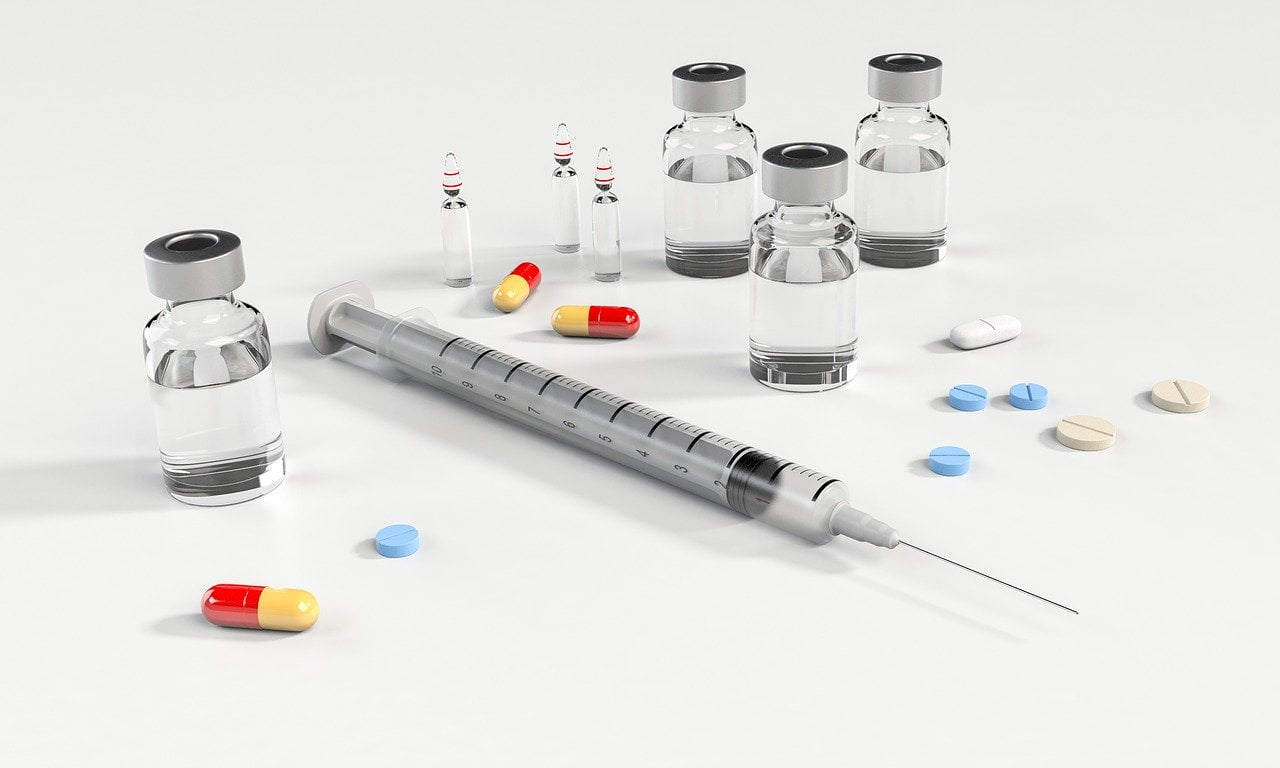
Living with Crohn’s Disease has its challenges, but with the right treatment and lifestyle adjustments, it’s possible to lead a fulfilling life. As someone who has navigated the ups and downs of this condition, I understand the importance of finding effective strategies to manage symptoms and maintain overall well-being. In this guide, I’ll share insights into Crohn’s Disease treatment options, lifestyle modifications, and personal experiences to help you make informed decisions about your health journey.
Understanding Crohn’s Disease
Crohn’s Disease is a chronic inflammatory bowel condition that affects millions of people worldwide. While there is currently no cure, there are various treatment approaches aimed at alleviating symptoms and reducing inflammation. From medications to surgery and dietary modifications, finding the right combination of therapies is essential for managing the disease effectively.
My Journey with Crohn’s
Living with Crohn’s Disease is a journey filled with highs and lows. I was diagnosed several years ago, and since then, I’ve experienced the full spectrum of symptoms and treatments. From flare-ups to remission, each phase has taught me valuable lessons about resilience, self-care, and the importance of seeking support from healthcare professionals and loved ones.
Treatment Options
When it comes to managing Crohn’s Disease, treatment options are diverse and tailored to individual needs. Medications play a crucial role in symptom relief and inflammation control. Anti-diarrhoea medications, pain relievers, and anti-inflammatory drugs can provide much-needed relief during flare-ups. Additionally, immunosuppressants like azathioprine and biologics such as Infliximab have shown promising results in managing severe symptoms and preventing disease progression.
Surgery may be necessary for patients who no longer respond to medication or develop complications such as bowel obstruction or abscesses. While surgery is not a cure, it can improve quality of life by removing diseased portions of the intestine and alleviating symptoms. For some, procedures like colectomy may be required, but with proper post-operative care, it’s possible to resume normal activities and lead an active lifestyle.
Lifestyle Modifications
In addition to medical treatment, lifestyle modifications play a crucial role in managing Crohn’s Disease. A healthy diet, regular exercise, and stress management techniques can help reduce inflammation, support gut health, and improve overall well-being. Working closely with a dietitian can help you identify trigger foods, develop a balanced meal plan, and navigate dietary restrictions without sacrificing taste or enjoyment.
Yes, certain foods may trigger flare-ups or exacerbate symptoms in some individuals. Working with a dietitian to identify trigger foods and develop a personalised meal plan can help manage symptoms and improve quality of life.
While surgery may be necessary for some patients, it’s not the only treatment option available. Medications, including immunosuppressants and biologics, can effectively manage symptoms and reduce inflammation in many cases. Surgery is typically considered when medications are no longer effective or complications arise.
Living with Crohn’s Disease presents challenges, but with the right treatment and lifestyle modifications, it’s possible to achieve symptom relief and maintain overall well-being. By staying informed, seeking support from healthcare professionals, and making proactive choices, you can take control of your health and live a fulfilling life despite the challenges posed by this condition. Remember, you’re not alone on this journey, and together, we can overcome obstacles and thrive.